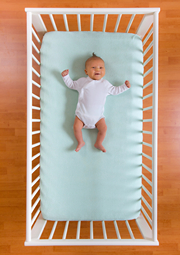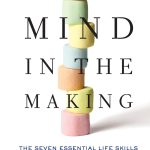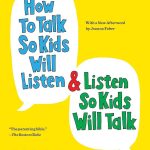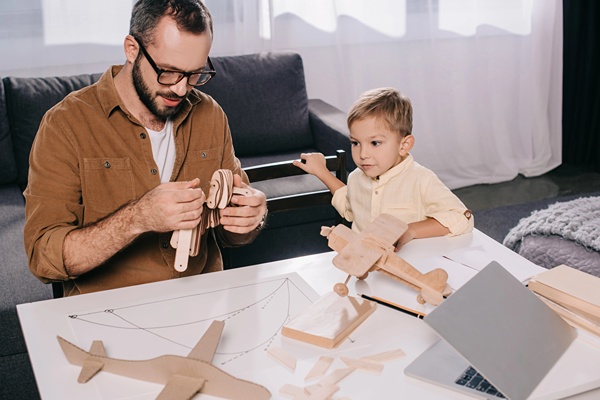How to Dress Your Newborn Baby for Different Seasons
You want to make sure your newborn clothes for the weather because you do not have direct control over their thermostat. Every season has its concerns, and baby clothes should be adapted to suit each one. The right outfit can keep your baby comfortable and safe, whether it’s bundling up in winter or staying cool in the summer.
This is a comprehensive guide that will help you decide how to dress your baby during different seasons so they are safe and feel warm throughout the year.
Dressing Your Newborn for Winter
However, winter is a cold season and to ensure that your newborn will remain warm throughout the day; here are tips for newborn baby clothes during colder months:
Layering is Key
In the winter, layering is key to keeping your baby warm and being able to easily adjust. Layer 1 – Long Sleeve Onesies for Baby Top with a warm sweater or fleece top and snowsuit or insulated jacket to suit the weather.
Warm Hats and Mittens
The heads and extremities of newborns lose heat very rapidly, which is why you should keep them covered. Select a soft and warm hat with ear coverage as well as mittens to keep little fingers from getting that extra chill. Get mittens that are easy to put on and take off.
Footed Pajamas
Have the sweetest little toosies in town with these socks that are perfect for keeping those baby toes cozy on cold nights. Choose a cozy material for pajamas when you can in sth like fleece or flannel. Preserve a close-fitting sit, but no longer squeeze and hilarate one’s toes.
Dressing Your Newborn for Summer
Furthermore, summer clothes for your little one need to be light and breathable in order that they finish up keeping cold and comfy all day long. Here’s what to focus on:
Light and Breathable Fabrics
Wear lightweight baby clothes in summer made of cool fabric like cotton. In warmer weather, you will want to choose cotton onesies, short-sleeved bodysuits, and lightweight blankets.
Sun Protection
Wear your new baby in little light longsleeve shirts and with hats that have brims to provide shade from the sun. Using a stroller cover or sunshade when you are outside is also recommended.
Stay Hydrated
Feed and comfort your baby, to keep them well hydrated. Though the water intake of babies is less than adults, it requires a cool space to grow them better. Make sure that their room is not too hot and they sleep in suitable new born baby clothes to prevent overheating.
Style Your Infant with Respecting Spring
Spring weather is never constant, so you will also want to be sure your bags contain the proper gear for warm or cool temperatures. Here’s how to manage:
Layering for Changing Temperatures
Since the weather is warm during spring, you never know what temperature it will be as a day progresses; therefore layering is key. Begin with a thin onesie as well as place on an additional long-sleeved t-shirt or even coat. Have a light jacket or hoodie on hand for when it gets cooler.
Breezy Fabrics
Choose fine, breathable materials for baby clothes in warm weather. Spring Blouse — event such as this cotton-blend with drape(intended for moderate stretch knits): Another woven optional, 45% Polyester,10% Spandex, Or a lighter weight jersey is great for spring and can be layered. Wear layers that can be put on or removed based on the climate. Spring is a time for lightweight, breathable fabrics. Visit A Little Lacey Website to shop a variety of soft and breezy fabrics for your newborn, ensuring they stay comfortable all season long.
Light Hats and Sunglasses
The sunlight is more intense in spring, so protect your baby´s eyes with a soft and cute pair of baby sunglasses as well as a brimmed hat. This would block their eyes and delicate skin from intense sunrays.

Fall: Dressing Your Newborn
The fall is a box of crayons in weather form. Well, just what are you supposed to dress your baby in during this season of transition?
Transitional Layers
Since Autumn is a true transitional season layers are necessary as weather can change from day to night. Consider using a onesie with a few layered long-sleeved shirts or lightweight sweaters. When it starts to cool off add a puffer or fleece over top.
Warm Footwear
During cold weather, baby girl socks or booties will keep those little feet warm and cozy. The focus should be on something soft or insulated that will give their feet warmth without squeezing them.
Cozy Blankets
Blanket season is the best! You may even want to snuggle your LO up in a soft warm blanket for extra comfort during naps or on the go. Check to see if it is light so that you do not overheat — but yet keep warm.
Conclusion
Finding the perfect infant outfits that your newborn can wear throughout all seasons will mean an equilibrium between comfort, warmth, and protection. Baby clothes are often relatively simple, lightweight, and breath well but the warm layers of clothing to be worn need careful selection. From winter’s icy grip to summer’s sultry heat, spring’s swing from one extreme then back again to fall and its cool breezes: the appropriate clothing will ensure your little one isn’t too hot or cold.








 I Forgive You for Your Diaper is a witty and heartfelt take on the rollercoaster ride of early parenthood. With a mix of humor and vulnerability, the author captures the sleepless nights, the endless diaper changes, and the profound love that keeps you going despite exhaustion. This book is a relatable guide that acknowledges the real challenges new parents face. Through funny anecdotes and honest reflections,
I Forgive You for Your Diaper is a witty and heartfelt take on the rollercoaster ride of early parenthood. With a mix of humor and vulnerability, the author captures the sleepless nights, the endless diaper changes, and the profound love that keeps you going despite exhaustion. This book is a relatable guide that acknowledges the real challenges new parents face. Through funny anecdotes and honest reflections, 












